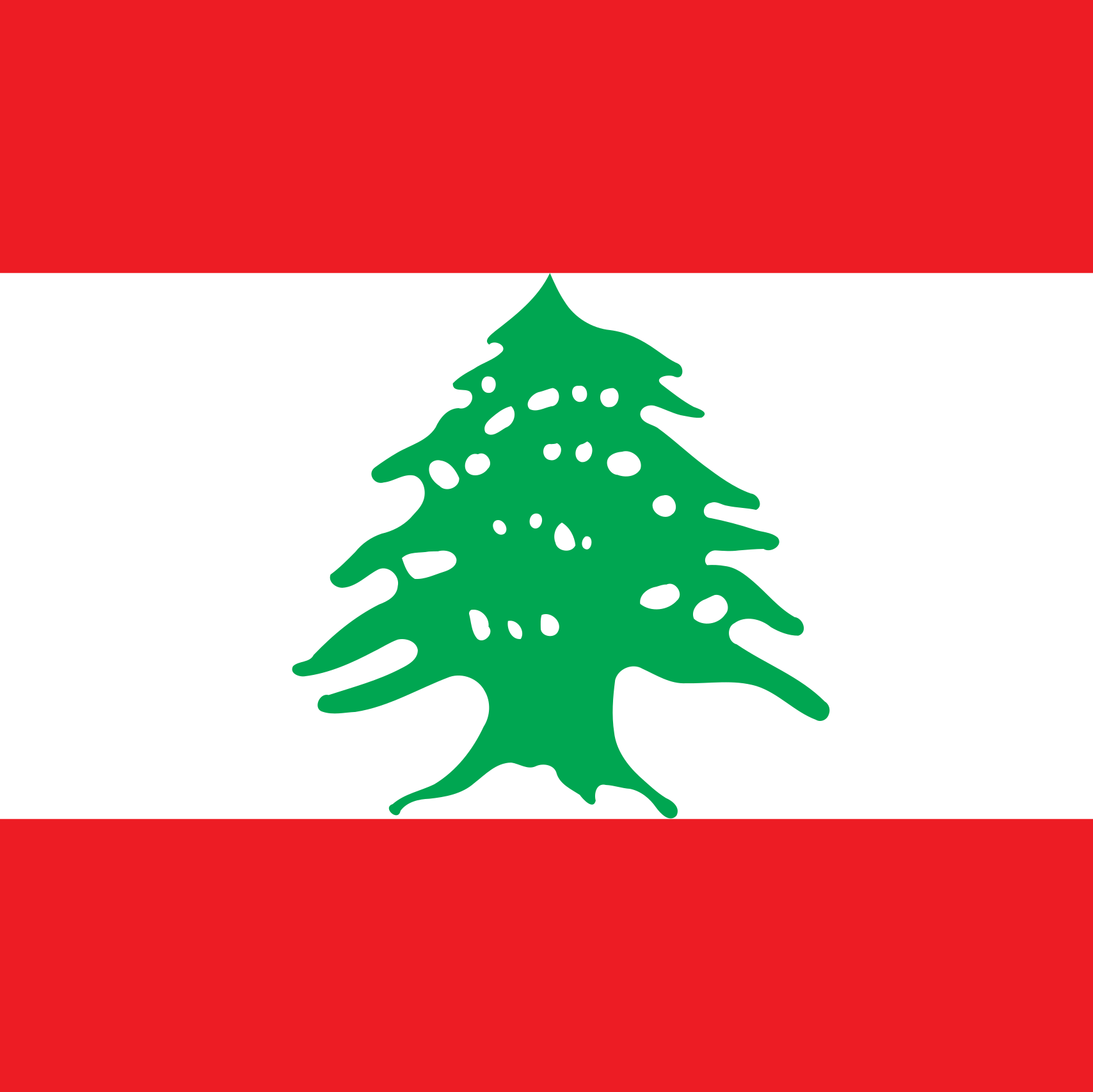
Lebanon Office
Beirut, Lebanon
The Lebanon Aliant practice is DEDICATED TO HELPING CLIENTS GET TO THE TOP BY ATTAINING THEIR BUSINESS GOALS WHILE PROVIDING OUTSTANDING LEGAL SERVICES.
The Lebanon practice is dedicated to working with clients to help them achieve their business goals and overcome legal challenges depending on our ability to find innovative solutions to complex business issues.



Aliant® Lebanon
Beirut, Lebanon
The Lebanon Aliant practice is DEDICATED TO HELPING CLIENTS GET TO THE TOP BY ATTAINING THEIR BUSINESS GOALS WHILE PROVIDING OUTSTANDING LEGAL SERVICES.
The Lebanon practice is dedicated to working with clients to help them achieve their business goals and overcome legal challenges depending on our ability to find innovative solutions to complex business issues.
Practice Areas
Languages Spoken
English, Greek, Russian, Mandarin
Managing Partner(s)
The Aliant practice in Lebanon is dedicated to working with clients to help them achieve their business goals and overcome legal challenges depending on our ability to find innovative solutions to complex business issues.
Our lawyers are integral with wide experience in multiple jurisdictions. We work with well- established banks and businesses as well as startups, governments and state owned entities.
Our dispute resolution and litigation lawyers advise many of the largest corporations and financial institutions on complex, high-value and sensitive multi-jurisdictional disputes.
Our lawyers provide clients with practical legal advice that focuses on their strategic and commercial objectives.
Our experience includes the full range of dispute resolution and litigation tools ranging from negotiation, mediation, conciliation and conflict resolution to vigorous courtroom strategy, multi-party and class action lawsuits and appellate proceedings.
Civil Law & Civil Asset Recovery
Banking & Finance
Real Estate Law
Commercial Agreements
Employment & Labor
Energy Law
Family Law
Litigation
Mergers & Acquisitions
Technology & Ecommerce
Lebanon, officially the Republic of Lebanon or the Lebanese Republic,[a] is a country in Western Asia. It is located between Syria to the north and east and Israel to the south, while Cyprus lies to its west across the Mediterranean Sea; its location at the crossroads of the Mediterranean Basin and the Arabianhinterland has contributed to its rich history and shaped a cultural identity of religious diversity. Lebanon is home to roughly six million people and covers an area of 10,452 square kilometres (4,036 sq mi), making it one of the smallest countries in the world. The official language of the state is Arabic, while French is also formally recognized; the Lebanese dialect of Arabic is used alongside Modern Standard Arabicthroughout the country.
The earliest evidence of civilization in Lebanon dates back over 7000 years, predating recorded history. Modern-day Lebanon was home to the Phoenicians, a maritime culture that flourished for almost 3000 years (c. 3200–539 BCE). In 64 BCE, the Roman Empire conquered the region, and it eventually became among the empire’s leading centers of Christianity. The Mount Lebanon range saw the emergence of a monastic tradition known as the Maronite Church. Upon the region’s conquest by the early Arab Muslims, the Maronites held onto their religion and identity. However, a new religious group known as the Druze eventually established themselves in Mount Lebanon as well, generating a religious divide that has lasted for centuries. During the Crusades, the Maronites re-established contact with the Roman Catholic Church and asserted their communion with Rome. The Maronite Catholic and the Druze founded modern Lebanon in the early eighteenth century, through the ruling and social system known as the “Maronite-Druze dualism” in Mount Lebanon Mutasarrifate.
Lebanon was conquered by the Ottoman Empire in the 16th century and remained under its rule for the next 400 years. Following the empire’s collapse after World War I, the five Ottoman provinces constituting modern-day Lebanon came under the French Mandate for Syria and the Lebanon, under which its French-ruled predecessor state of Greater Lebanon was established. Following the invasion and occupation of the French Third Republic by Nazi Germany during World War II, French rule over the region weakened. Upon gaining its independence from Free France in 1943, Lebanon established a unique confessionalist form of government, with the state’s major religious sects being apportioned specific political powers. Lebanon initially was relatively stable. This stability was short-lived and was ultimately shattered by the outbreak of large-scale fighting in the Lebanese Civil War (1975–1990) between various political and sectarian factions. During this period, Lebanon was also subjected to overlapping foreign military occupations by Syria from 1976 to 2005 and by Israel from 1985 to 2000. Since the end of the war, there have been extensive efforts to revive the economy and rebuild national infrastructure.
Lebanon is a developing country, ranking 92nd on the Human Development Index and among the highest in the Arab world outside of the oil-rich economies of the Persian Gulf. It has been classified as an upper middle income state. However, the Lebanese liquidity crisis, corruption as well as recent events have precipitated the collapse of currency, political instability, widespread shortages, high unemployment and poverty.[24] Despite the country’s small size, Lebanese culture is renowned both in the Middle East and globally, primarily powered by its extensive diaspora. Lebanon is a founding member of the United Nations and is a member of the Arab League, the Non-Aligned Movement, the Organization of Islamic Cooperation, and the Organisation internationale de la Francophonie.
Firm Overview
The Aliant practice in Lebanon is dedicated to working with clients to help them achieve their business goals and overcome legal challenges depending on our ability to find innovative solutions to complex business issues.
Our lawyers are integral with wide experience in multiple jurisdictions. We work with well- established banks and businesses as well as startups, governments and state owned entities.
Our dispute resolution and litigation lawyers advise many of the largest corporations and financial institutions on complex, high-value and sensitive multi-jurisdictional disputes.
Our lawyers provide clients with practical legal advice that focuses on their strategic and commercial objectives.
Our experience includes the full range of dispute resolution and litigation tools ranging from negotiation, mediation, conciliation and conflict resolution to vigorous courtroom strategy, multi-party and class action lawsuits and appellate proceedings.
Services Profile
Civil Law & Civil Asset Recovery
Banking & Finance
Real Estate Law
Commercial Agreements
Employment & Labor
Energy Law
Family Law
Litigation
Mergers & Acquisitions
Technology & Ecommerce
About Lebanon
Lebanon, officially the Republic of Lebanon or the Lebanese Republic,[a] is a country in Western Asia. It is located between Syria to the north and east and Israel to the south, while Cyprus lies to its west across the Mediterranean Sea; its location at the crossroads of the Mediterranean Basin and the Arabianhinterland has contributed to its rich history and shaped a cultural identity of religious diversity. Lebanon is home to roughly six million people and covers an area of 10,452 square kilometres (4,036 sq mi), making it one of the smallest countries in the world. The official language of the state is Arabic, while French is also formally recognized; the Lebanese dialect of Arabic is used alongside Modern Standard Arabicthroughout the country.
The earliest evidence of civilization in Lebanon dates back over 7000 years, predating recorded history. Modern-day Lebanon was home to the Phoenicians, a maritime culture that flourished for almost 3000 years (c. 3200–539 BCE). In 64 BCE, the Roman Empire conquered the region, and it eventually became among the empire’s leading centers of Christianity. The Mount Lebanon range saw the emergence of a monastic tradition known as the Maronite Church. Upon the region’s conquest by the early Arab Muslims, the Maronites held onto their religion and identity. However, a new religious group known as the Druze eventually established themselves in Mount Lebanon as well, generating a religious divide that has lasted for centuries. During the Crusades, the Maronites re-established contact with the Roman Catholic Church and asserted their communion with Rome. The Maronite Catholic and the Druze founded modern Lebanon in the early eighteenth century, through the ruling and social system known as the “Maronite-Druze dualism” in Mount Lebanon Mutasarrifate.
Lebanon was conquered by the Ottoman Empire in the 16th century and remained under its rule for the next 400 years. Following the empire’s collapse after World War I, the five Ottoman provinces constituting modern-day Lebanon came under the French Mandate for Syria and the Lebanon, under which its French-ruled predecessor state of Greater Lebanon was established. Following the invasion and occupation of the French Third Republic by Nazi Germany during World War II, French rule over the region weakened. Upon gaining its independence from Free France in 1943, Lebanon established a unique confessionalist form of government, with the state’s major religious sects being apportioned specific political powers. Lebanon initially was relatively stable. This stability was short-lived and was ultimately shattered by the outbreak of large-scale fighting in the Lebanese Civil War (1975–1990) between various political and sectarian factions. During this period, Lebanon was also subjected to overlapping foreign military occupations by Syria from 1976 to 2005 and by Israel from 1985 to 2000. Since the end of the war, there have been extensive efforts to revive the economy and rebuild national infrastructure.
Lebanon is a developing country, ranking 92nd on the Human Development Index and among the highest in the Arab world outside of the oil-rich economies of the Persian Gulf. It has been classified as an upper middle income state. However, the Lebanese liquidity crisis, corruption as well as recent events have precipitated the collapse of currency, political instability, widespread shortages, high unemployment and poverty.[24] Despite the country’s small size, Lebanese culture is renowned both in the Middle East and globally, primarily powered by its extensive diaspora. Lebanon is a founding member of the United Nations and is a member of the Arab League, the Non-Aligned Movement, the Organization of Islamic Cooperation, and the Organisation internationale de la Francophonie.
Aliant® Lebanon Attorneys


Lebanon
Banking & Finance, Blockchain & Cryptocurrency, Business Law, Civil Law & Civil Asset Recovery, Commercial Agreements, Corporate Restructuring, Corpor


Lebanon
Civil Law & Civil Asset Recovery, Employment & Labor, Litigation, Real Estate Law


Lebanon
Business Law, Commercial Agreements, Corporate Restructuring, Corporate Transactions, Entertainment & Media Law, Intellectual Property, Joint Ventures
